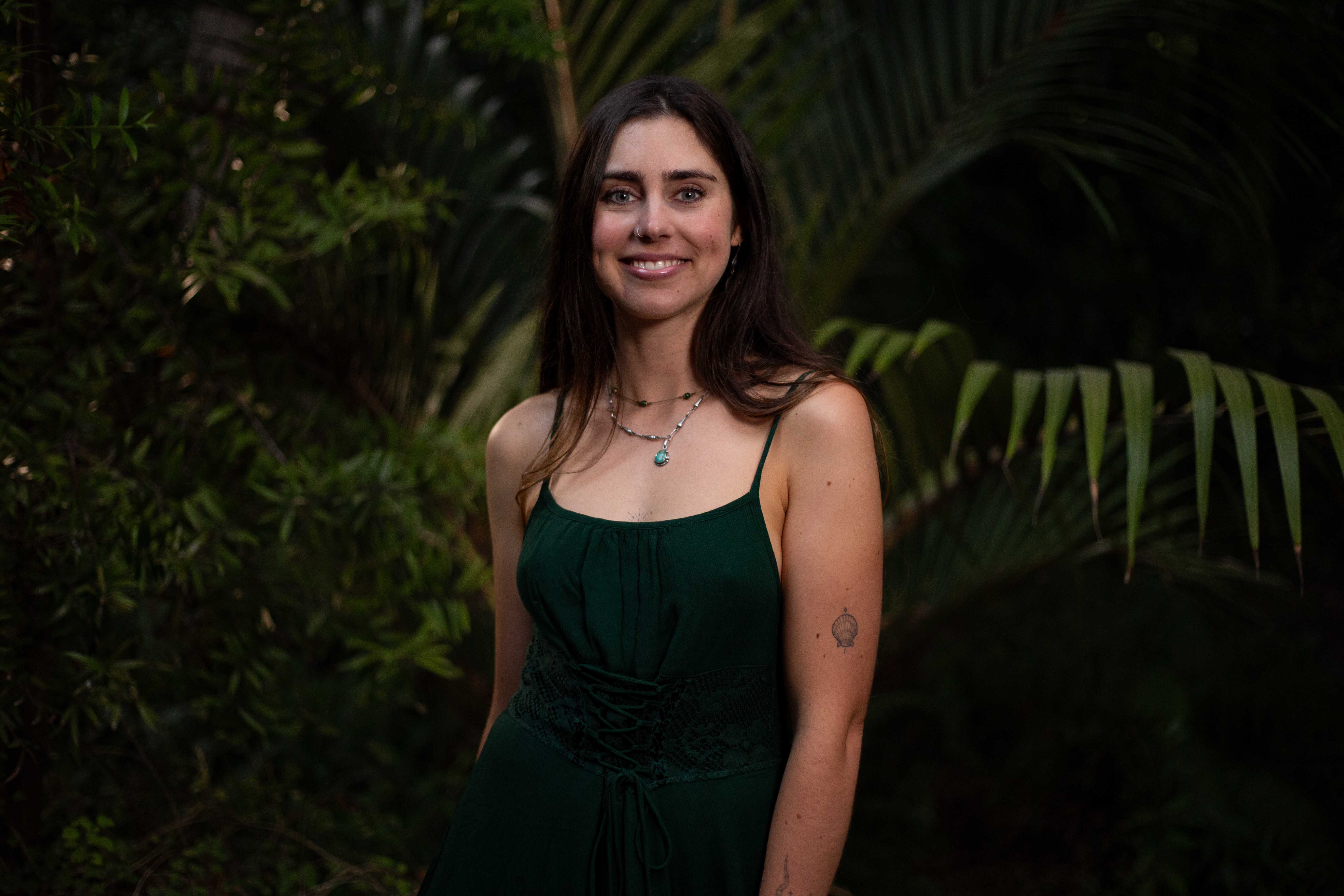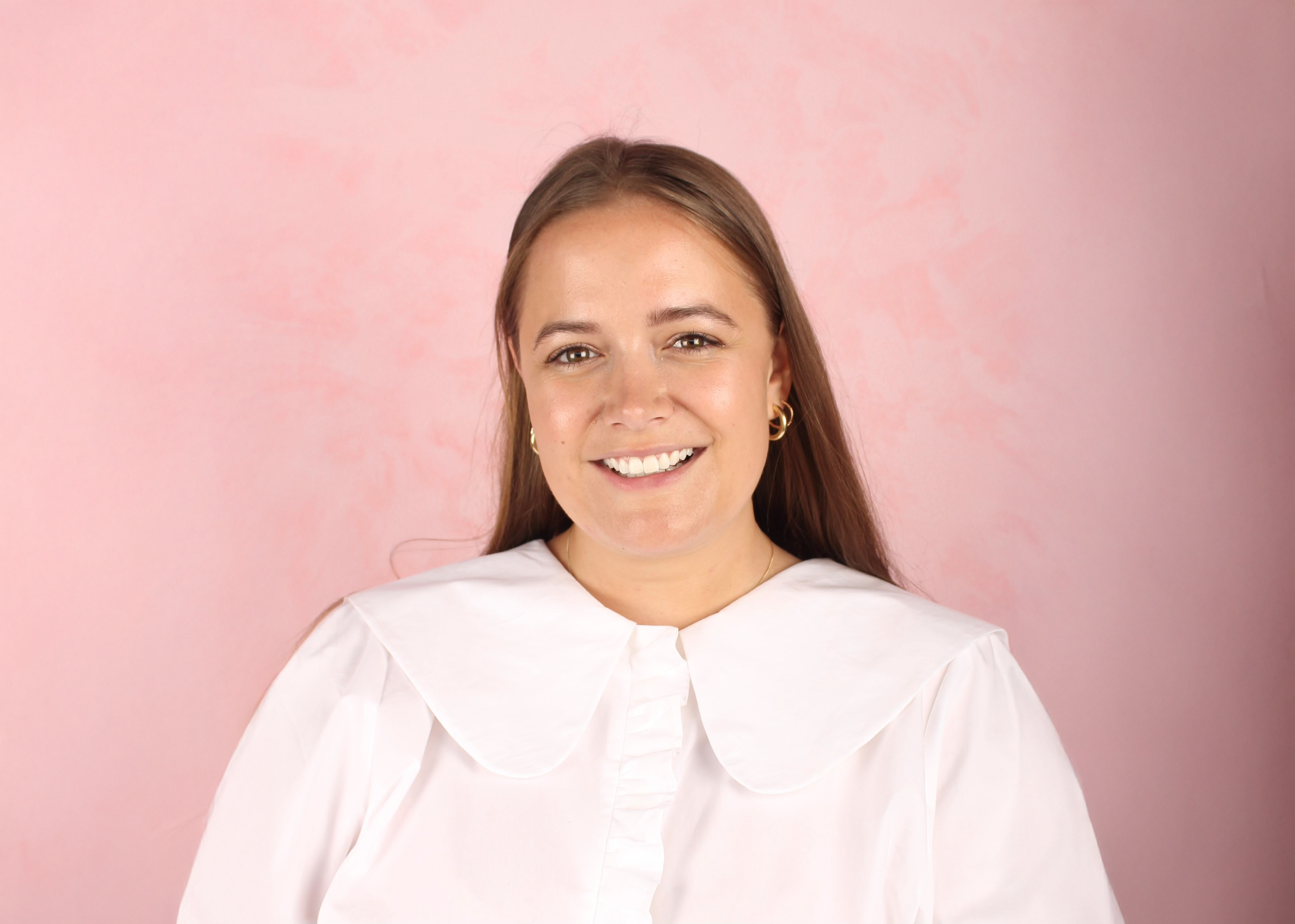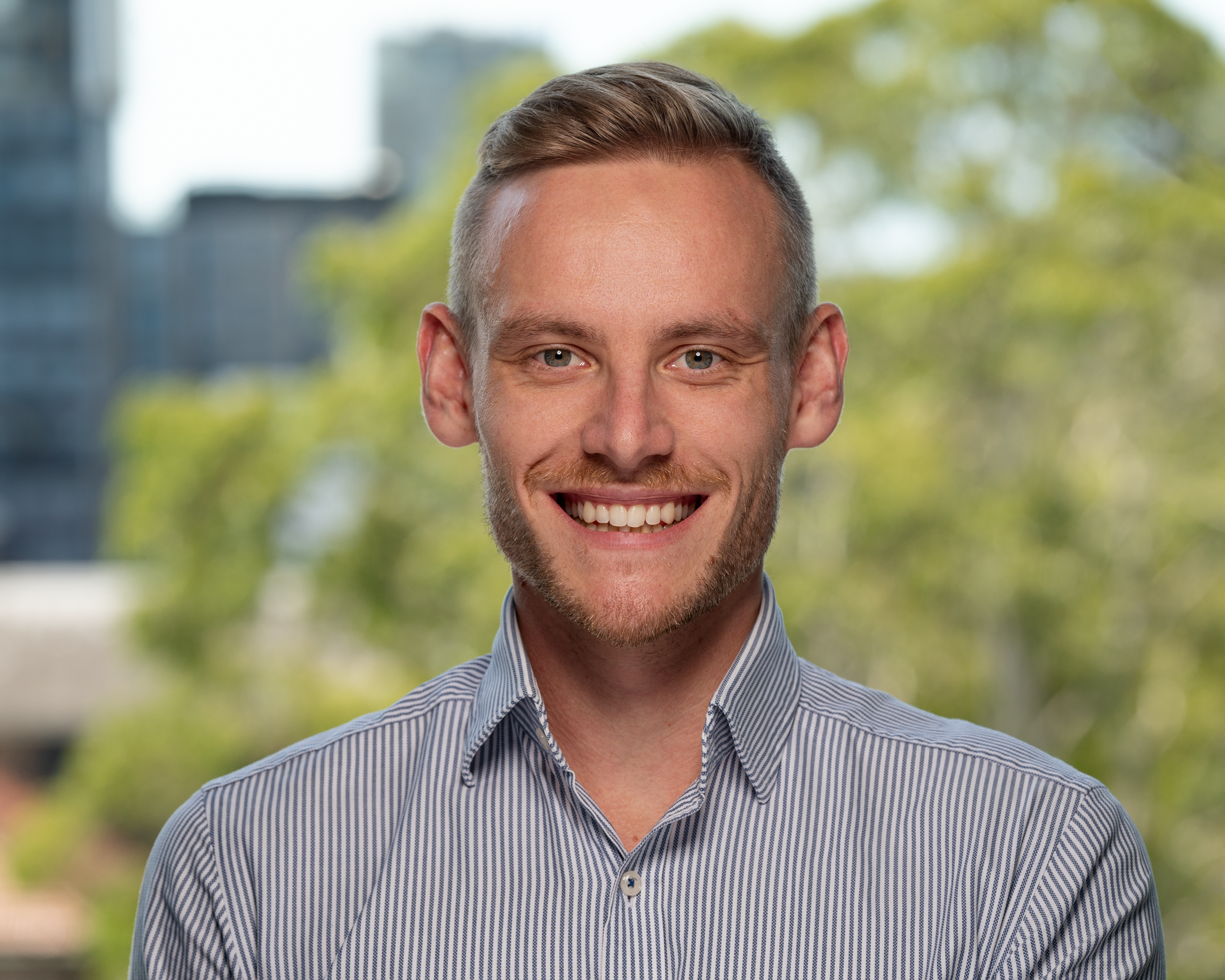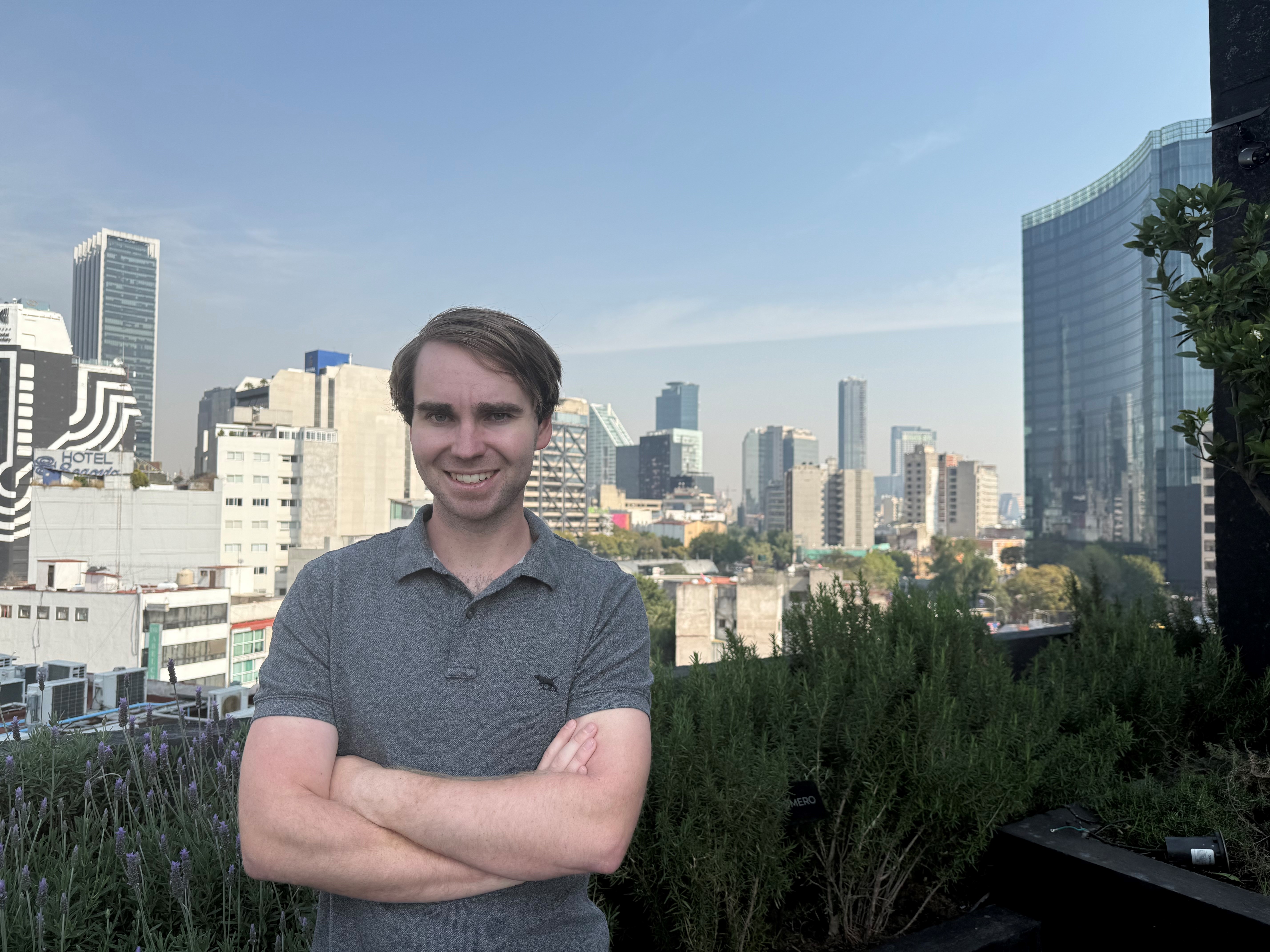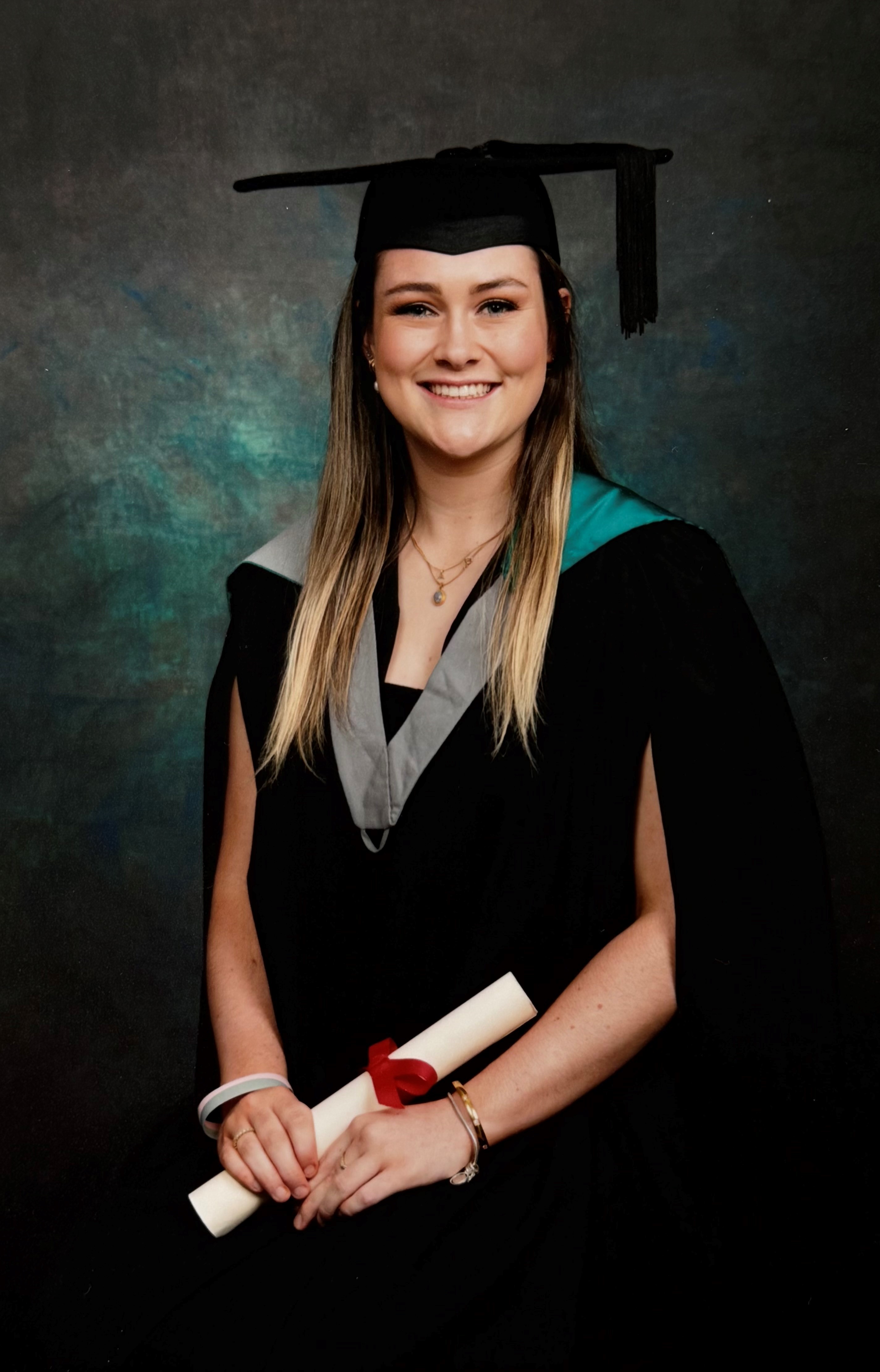Kia ora Fern! I would love to start by hearing about your decision to study at UC and why you chose to do a BCom in the first place?
I decided to study at UC as I grew up in rural Canterbury so it made sense for me to live at home while at uni. My brother completed an electrical engineering degree here and I had always wanted to follow in his footsteps. UC offered a major in Human Resource Management which is where I saw my passion being.
I chose to study the BCom as although I struggled at school, I really enjoyed economics and business studies. I found I enjoyed and excelled in subjects I was interested in so it made sense to continue those at uni.
Did you have a career in mind when you first kicked off your uni experience? How does that match up to what you are doing now?
When I first started at UC, I was more drawn to my marketing major as it had more exciting elements as the classes were very interactive and incorporated group projects and presentations. The HR major was much more theory base but once I actually got out into the work force, I learnt how interesting and complex HR is as job. I love working with people and making the work place better so I really found my feet once I got started in my first HR role.
I am currently a People Coordinator for a large engineering consultancy and my time at UC really did prepare me for the workplace and gave me a great foundation to start my career.
You have mentioned to me that you are neurodiverse – can you tell us how you navigated studying and what made it easier or harder for you?
As soon as I started uni, I went to the learning support coordinators to discuss my dyslexia. They helped make a plan for my study, allocated me a computer for tests and arranged a reader writer for any extra support I needed. I was also given extra time for tests and exams which made the world of difference as it takes me longer to put my thoughts down on paper and express what I want to say. I also advised every lecturer of my learning needs and they were always attentive and made themselves available if I had questions or needed feedback.
University was hard as a dyslexic person, with managing workload time and resources being a struggle for most neurodiverse people. It took years to adjust to the pace and keep up but I am so glad I kept pushing, so now I can make a difference in a workplace for people such as myself.
As an advocate for neurodiversity, what misconceptions or myths do you want to bust or help educate others on?
In my experience as a dyslexic person, I was told I would never be academic and had to go for more practical jobs. This only made me more driven to pursue a university degree and professional career. There is a lack of education out there on what neurodiversity is and how it's managed in the workplace so it would be great to see people educate themselves on what they can do to be good managers and colleagues to neurodiverse people.
1 in 10 New Zealanders are neurodiverse - that's a huge number but it's often unrecognised as people tend to hide this uniqueness. I would encourage any neurodiverse people to own it and tell their managers, lecturers, friends and family so they can give support and allow you to express your needs.
Where do you see your career headed in the next handful of years? Are there any goals you would like to achieve?
I hope to move into the talent aquisition and recruitment space in the next few years. I love working with people and getting them into the right job so they can make a difference to the business and in turn, the world. It's great to see people achieve and reach their potential so I want to always be part of that. I also want to continue pursuring my work in workplace wellbeing and educating as many people on neurodiversity and how it can benefit the workplace.




